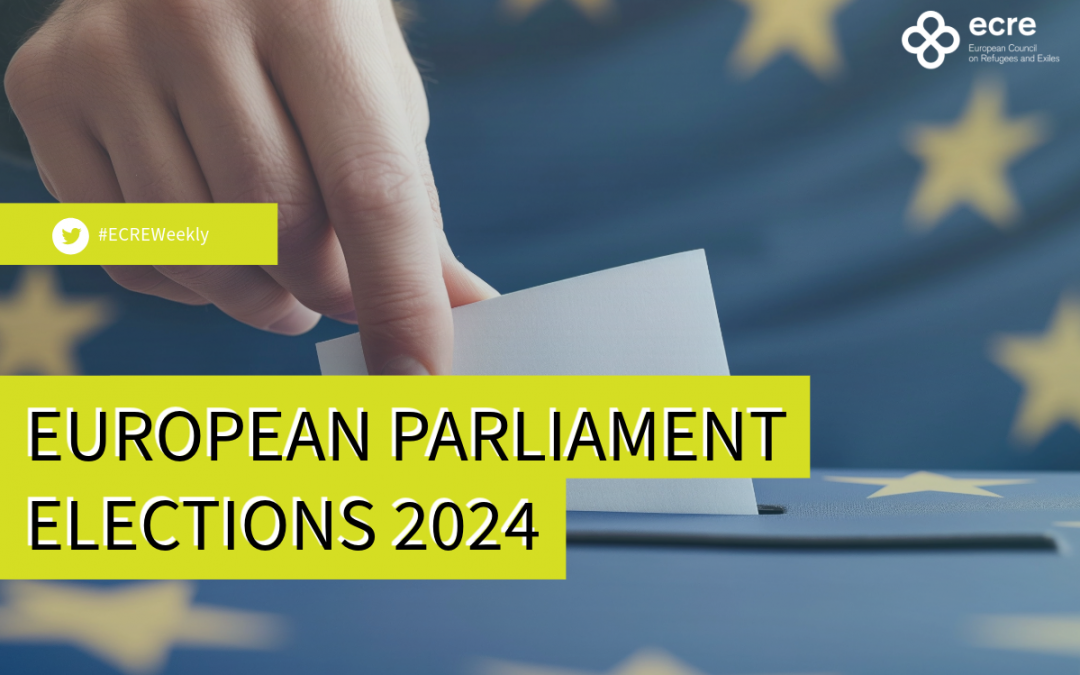The European Parliament (EP) elections took place 6-9 June 2024. 357 million EU citizens in 27 member states (MS) were eligible to elect 720 members (MEPs) to represent them in the next mandate (2024-2029).
Following the elections, the composition of the next EP will be as follows:
- TOTAL: 720
- Group of the European People’s Party (Christian Democrats) (EPP): 189
- Group of the Progressive Alliance of Socialists and Democrats in the European Parliament (S&D): 135
- Renew Europe Group (Renew): 79
- European Conservatives and Reformists Group (ECR): 73
- Identity and Democracy Group (ID): 58
- Group of the Greens/European Free Alliance (Greens/EFA): 53
- The Left Group in the European Parliament – GUE/NGL (Left-GUE/NGL): 36
- Non-attached*: 45
- Others**: 52
* ‘Non-attached’ are MEPs who do not belong to any political group.
** ‘Others’ are newly elected MEPs who are not allied to any of the political groups that existed in the previous EP.
Polls published on 7 June (i.e. during the elections) indicated that the composition of the next EP would be as follows:
- TOTAL: 720
- EPP: 173
- S&D: 143
- Renew: 75
- Greens/EFA: 41
- ECR: 76
- ID: 67
- Left-GUE/NGL: 32
- Non-attached: 58
- Others: 55
The EPP Group’s results were therefore better than predicted (+13 MEPs rather than -3 MEPs) and the S&D, ECR and ID groups’ results were all worse (S&D: -4 rather than +4; ECR: +4 rather than +7; and ID: +9 rather than +18).
The Renew, Greens/EFA and Left-GUE/NGL groups’ results were not as bad as predicted (Renew: -25 rather than -27; Greens/EFA: -18 rather than -30; and Left-GUE/NGL: -1 rather than -5).
The pro-EU “governing” majority which existed in the previous EP (EPP, S&D and Renew: 417 MEPs) has therefore been maintained in the new EP (403 MEPs). However, one potential complication could arise from the eventual landing place of the more than 97 ‘Non-attached’ and “other’ MEPs, some of whom will probably join one of the other existing groups and thus affect the balance of power.
The results from each of the 27 EU MS are available on the EP election results website.
The voter turnout was 51.1%. Although this is lower than for national elections in most EU MS, it does represent a slight increase from 2019 (50.7%) and a significant increase from the all-time low in 2014 (42.6%).
The voter turnouts in each EU MS are available on the EP election results website.
ECRE would like to think that it made a small contribution to the increased turnout through its ‘EUisU‘ campaign – a social media campaign aimed at encouraging people, particularly those from refugee or migrant backgrounds, to participate in the elections – that it has been implementing since early February.
A number of MEPs who were active on issues related to migration and asylum in the previous EP were re-elected. They included Tineke Strik (Greens/EFA, Netherlands), Saskia Bricmont (Greens/EFA, Belgium) and Damian Boeslager (Greens/EFA, Germany). They will be joined by a number of promising new MEPs, including Anna Strolenberg who was until recently working for ECRE member organisation the Dutch Council for Refugees.
The post-election timetable is as follows:
- 10 June onwards: Formation of political groups
- 16-19 July: First plenary session (Election of EP President and vice-presidents, and assignment of MEPs to committees)
- 22-25 July: First committee meetings (Election of chairs and vice-chairs)
Links to a selection of media organisations’ coverage of the EP elections
Links to ECRE’s initial reactions to the EP elections on X
- https://x.com/ecre/status/1801511633270775918
- https://x.com/ecre/status/1800180765873107053
- https://x.com/ecre/status/1800484508539756598
- https://x.com/ecre/status/1800891564354572318
For more information about ECRE’s advocacy towards the EP, please contact Reshad Jalali.
For more information about the ‘EUisU’ campaign, please contact Annette Mbapa Ikongo.

